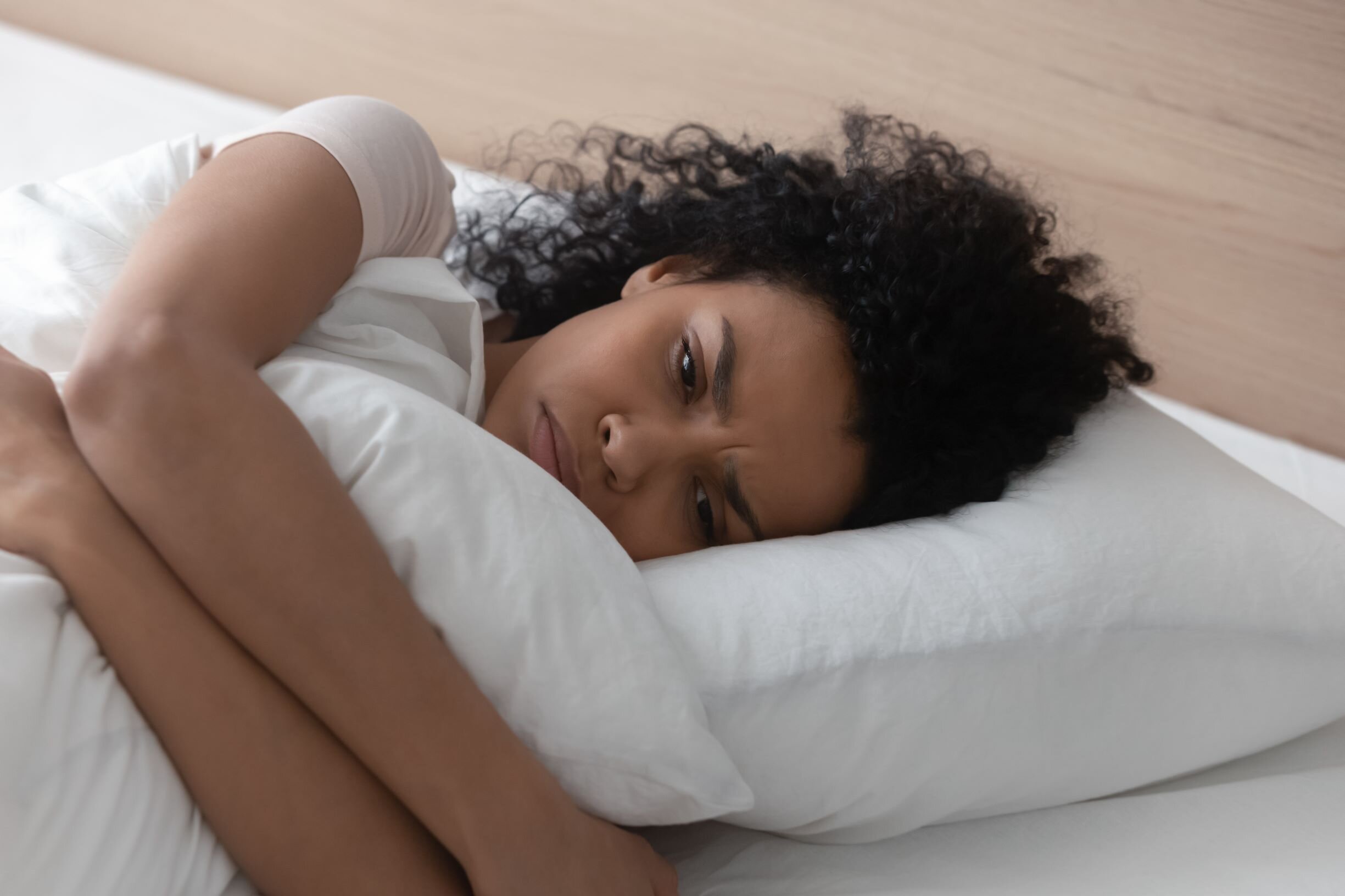Sleep like a Baby
Pharmacological treatments for sleep can pose significant risks, including dependency and next-day sedation. Non-pharmacological interventions are gaining interest as safer alternatives. Our latest blog explores four promising methods to improve sleep quality: rocking motion, bright light therapy, at-home sleep monitoring devices, and weighted blankets. Discover how these natural aids can enhance your sleep and overall well-being.
Sleeping On the Job
Napping during the day is often seen as a sign of laziness, but science tells a different story. Studies show that quick "power naps" can enhance both physical and mental health. Benefits include improved accuracy, cognitive performance, concentration, mood, and immune function, while also reducing stress and the risk of cardiovascular issues. In the workplace, napping boosts productivity, reduces errors, and lowers healthcare costs. Learn how implementing workplace napping (WN) can create healthier and more efficient work environments, and why it's gaining acceptance as a valuable practice. Discover more here!
Don't Go to Bed Mad
Most of us have heard the saying, “The best way to maintain a healthy relationship is to not go to bed mad.” This is rather good advice even if it wasn’t based in research…until now. While we can’t control all the stressors that come into our lives, making a conscious effort to resolve conflict can be a means to substantially reduce our stress level. Here are some tips to consider…
Does a Busy Mind Keep You Awake at Night?
Do you toss and turn at night? Do you churn things in your mind, robbing you of much-needed sleep? If so, you aren't alone. The American Academy of Sleep Medicine recommends that adults need seven or more hours of sleep per night to reduce the risk of adverse health outcomes. Many fall short of this guideline. So, what can you do to improve your sleep?
UNLOCK THE FULL SPECTRUM OF MINDFULNESS TODAY






